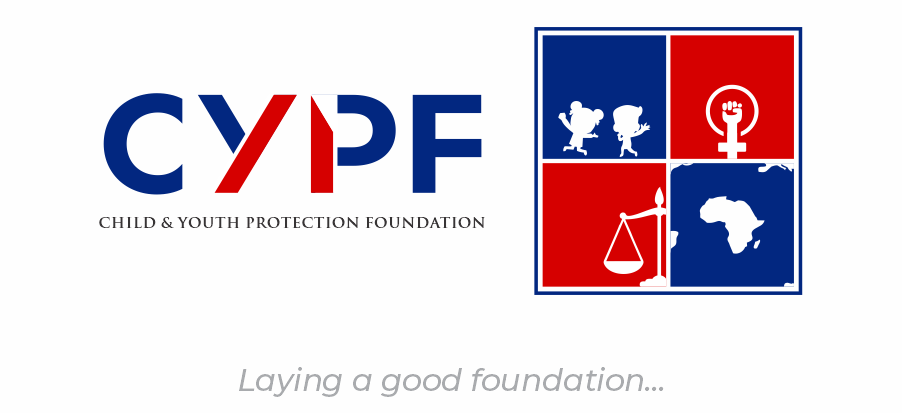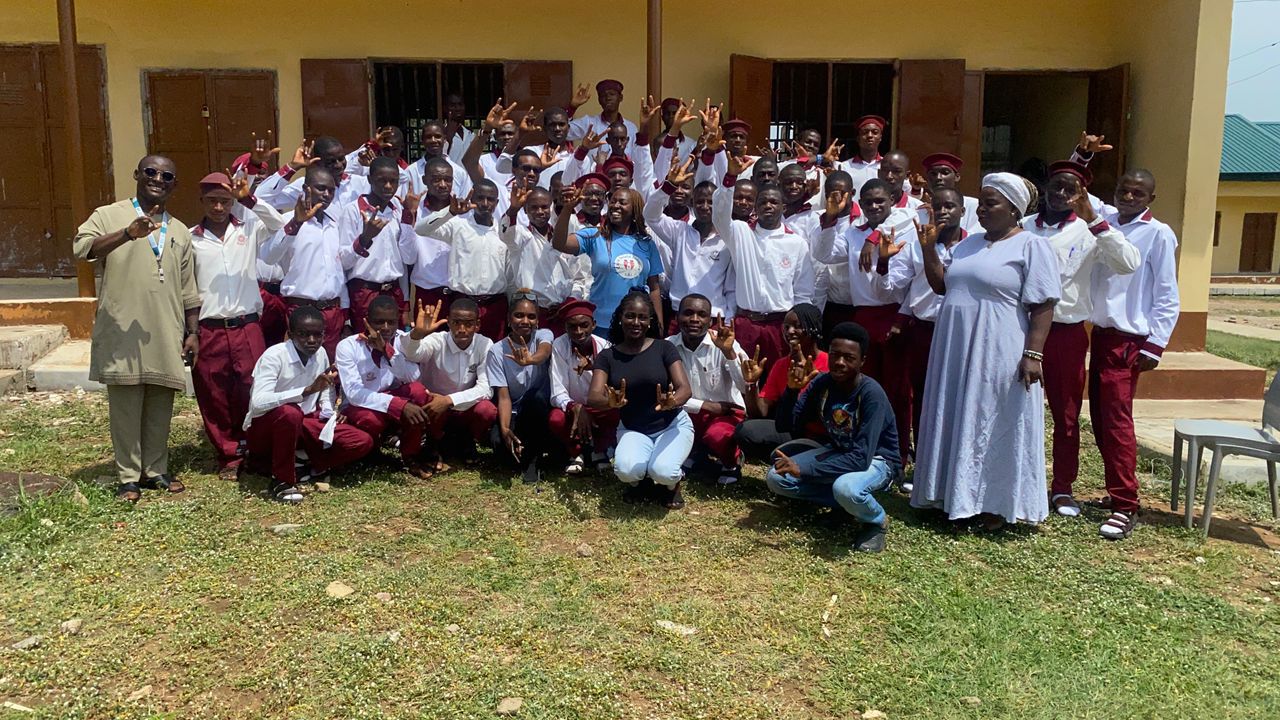Introduction
In Nigeria’s rapidly digitalizing society, children are increasingly exposed to the internet, bringing both opportunities and risks. With over 104 million internet users and a youth population under 18 constituting nearly 45% of the country, safeguarding children from cybercrime and bullying is urgent. This article explores the threats, underlying factors, and actionable strategies to protect young Nigerians online.
Current Landscape
Nigeria’s internet penetration has surged, driven by affordable smartphones and mobile data. Children engage online for education, socializing, and entertainment, often unsupervised. However, this access exposes them to cyberbullying, scams, predators, and inappropriate content, exacerbated by limited digital literacy and regulatory gaps.
Key Threats
- Cyberbullying: Harassment on platforms like WhatsApp, Instagram, and Facebook, leading to psychological trauma.
- Cybercrime: Identity theft, phishing, and financial scams targeting minors unfamiliar with cybersecurity.
- Online Predators: Grooming via social media or gaming platforms.
- Inappropriate Content: Exposure to violent, sexual, or harmful material.
Contributing Factors
- Digital Literacy Gaps: Many parents and children lack awareness of online risks.
- Cultural Stigma: Reluctance to discuss cyber issues openly.
- Weak Legal Enforcement: Despite the Cybercrime Act 2015 and Child Rights Act 2003, implementation is inconsistent.
- Economic Barriers: Limited access to parental control tools in low-income households.
Strategies for Protection
- Education & Awareness:
- Integrate cybersecurity into school curricula.
- Community workshops for parents on monitoring tools and open communication.
- Campaigns by NGOs (e.g.CYPF) and government bodies like the National Orientation Agency.
- Parental Involvement:
- Use parental controls (e.g., Google Family Link) and privacy settings.
- Encourage dialogue about online experiences without infringing privacy.
- School Initiatives:
- Establish reporting systems for cyberbullying.
- Train teachers to identify and address online risks.
- Policy & Enforcement:
- Strengthen the Cybercrime Act to explicitly protect children.
- Harmonize the Child Rights Act across all states and enforce penalties for offenders.
- Tech Solutions:
- Collaborate with telecom companies (e.g., MTN, Airtel) to offer affordable parental controls.
- Promote local apps with safety features tailored to Nigerian users.
Challenges
- Resource Limitations: Underfunded cybersecurity infrastructure.
- Stigma: Victims often fear reporting due to shame.
- Rapid Technological Change: Difficulty keeping pace with new platforms and threats.
Conclusion
Protecting Nigerian children online requires a collective effort. Governments must enforce robust laws, schools and parents prioritize education, and tech companies innovate safety tools. By fostering open dialogue and investing in digital literacy, Nigeria can create a safer digital future for its youth. Let’s act now—our children’s well-being depends on it.
Call to Action
- Parents: Monitor and discuss online activities.
- Educators: Advocate for cybersecurity education.
- Policymakers: Prioritize child-centric cyber laws.
- Tech Sector: Develop culturally relevant safety features.
Together, we can shield Nigeria’s children from cyber threats while empowering them to thrive in the digital age.




